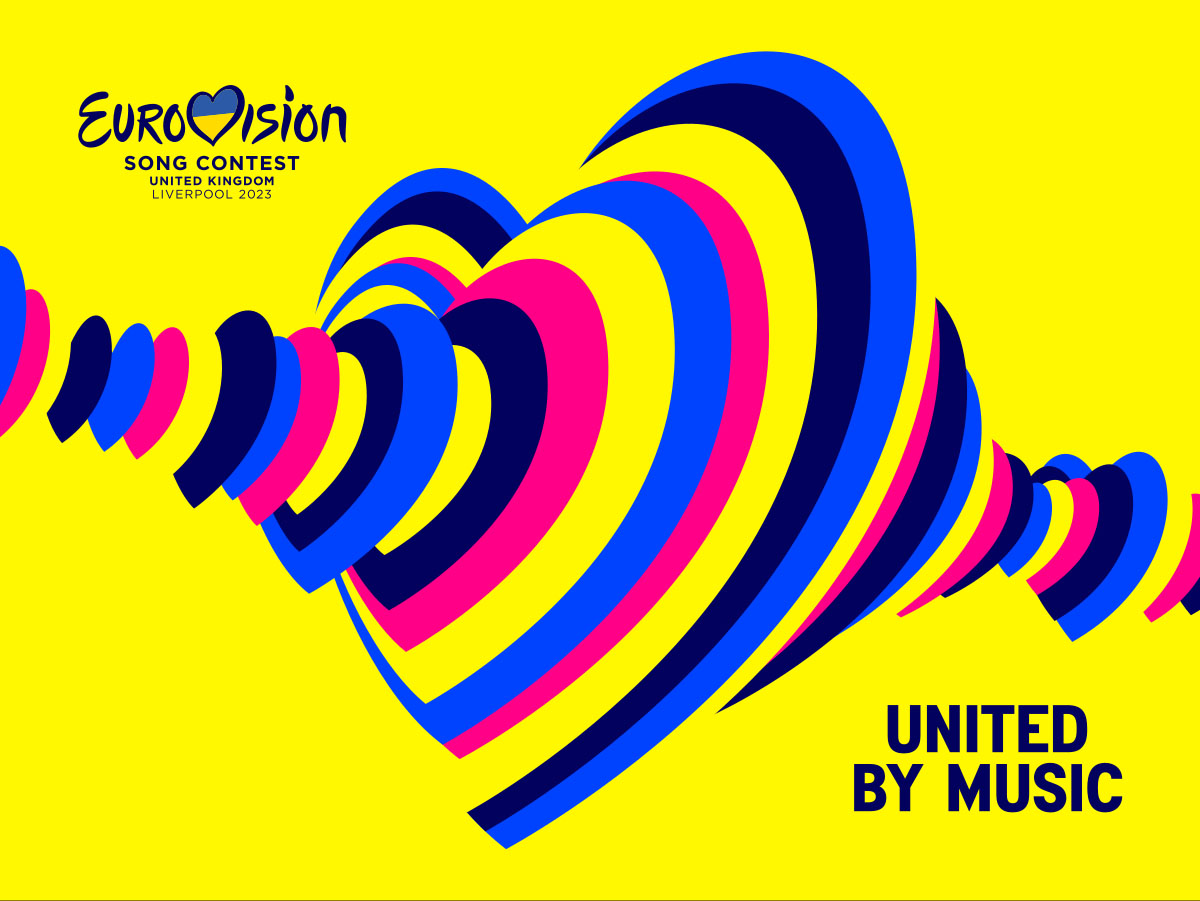
Photo Credit :BBC Images
The Eurovision Song Contest is an annual event that captivates millions of viewers worldwide, showcasing a kaleidoscope of diverse musical talents from across Europe. This extravagant spectacle brings together countries from the far reaches of the continent, each vying for the
coveted title of Eurovision champion. With its flamboyant performances, catchy tunes, and passionate fanbase, Eurovision has become a cultural
phenomenon unlike any other.
At its core, Eurovision celebrates the rich tapestry of musical styles and traditions that define Europe's cultural landscape. From pop and rock to folk and opera, the contest embraces a wide array of genres, ensuring there's something for everyone. This diversity is not only reflected in the songs themselves but also in the artists who perform them, representing the cultural heritage and artistic flair of their respective nations.
One of the most captivating aspects of Eurovision is its ability to unite people from different backgrounds through the universal language of music. Regardless of nationality or ethnicity, viewers around the world come together to revel in the excitement and spectacle of the contest. Whether it's through watching the live performances, voting for their favorite acts, or simply enjoying the sense of camaraderie that permeates the event, Eurovision fosters a sense of unity and shared cultural appreciation.
Moreover, Eurovision serves as a platform for emerging talent to gain international exposure and recognition. For many aspiring artists, representing their country at Eurovision is a dream come true and a once-in-a-lifetime opportunity to showcase their skills on a global stage. Over the years, the contest has launched the careers of numerous artists who have gone on to achieve success beyond Eurovision, further underscoring its significance within the music industry.
Beyond the glitz and glamour of the performances, Eurovision also holds deeper cultural and political significance. In addition to celebrating diversity, the contest serves as a reflection of the social and political dynamics shaping Europe at any given time. From songs that convey messages of unity and empowerment to those that tackle pressing social issues, Eurovision provides a platform for artists to express themselves and engage with audiences on a deeper level.
However, Eurovision is not without its controversies and criticisms.From accusations of political bias in the voting process to debates over cultural appropriation and representation, the contest has faced its fair share of scrutiny over the years. Yet, despite these challenges,Eurovision endures as a beloved tradition that continues to captivate audiences and inspire artists across the globe.
In conclusion, the Eurovision Song Contest stands as a testament to the power of music to transcend borders, unite diverse cultures, and ignite the imagination of millions. With its vibrant performances, diverse array of talent, and profound cultural significance, Eurovision remains an unparalleled celebration of Europe's musical heritage and creative spirit.

















